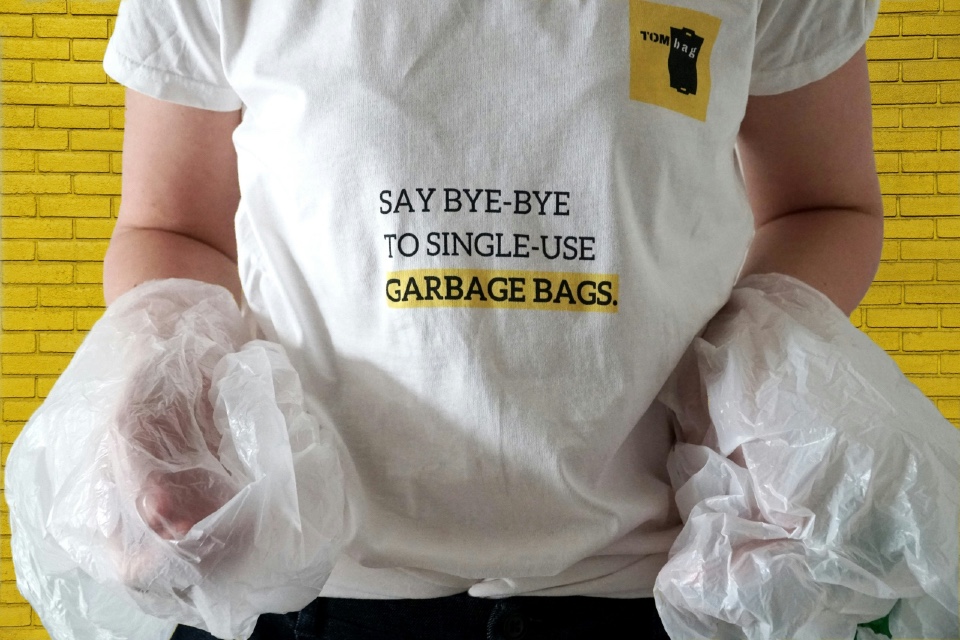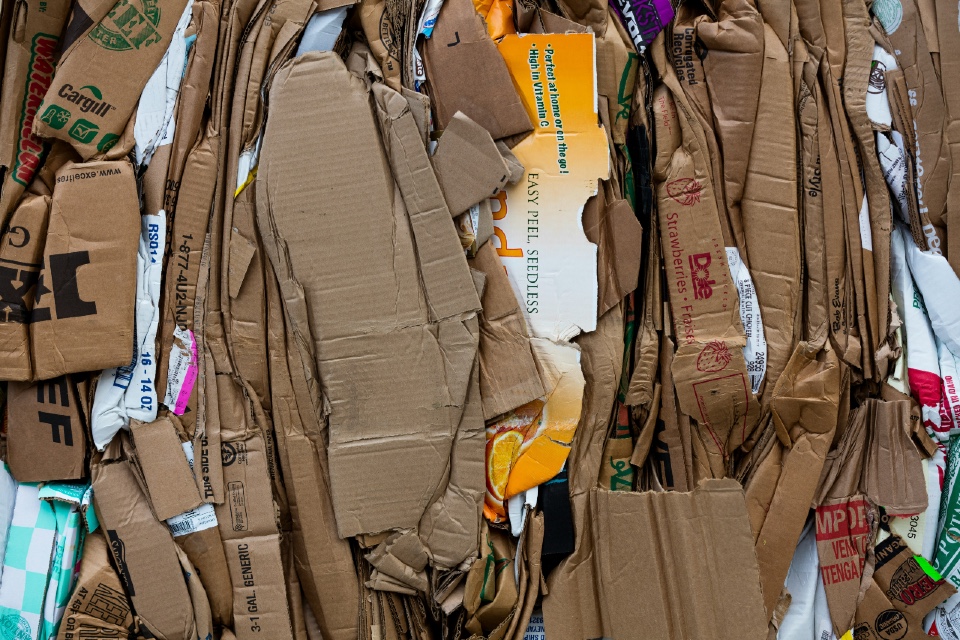There have been calls for the UK Government to provide additional support to address the ‘rapidly expanding’ skills and labour shortage in the green economy.
Professional body for the UK’s waste and recycling sector, CIWM (the Chartered Institution of Wastes Management), has published its latest report, Beyond Waste: Essential Skills for a Greener Tomorrow, which estimates that existing policy and the more sustainable use of resources will create over 74,200 new roles in the waste and resources sector by 2030.
This figure is set to rise to an aggregate of 240,000 new roles by 2040. To support growth of the sector, which already employs somewhere in the region of 142,800 people across the UK, CIWM has asked Government to provide additional support in three key areas:
Increasing sector attractiveness
Research conducted indicates that the sector is not often seen as an attractive option for future careers. This is partly due to the perceptions of working with ‘waste’, but also because of a lack of understanding of what the sector delivers and the breadth of roles available. Current careers advice at all levels does not highlight the range of roles available or how important the sector is to delivering the UK’s environmental commitments and economic growth. Government support is required to champion the green credentials of the waste and recycling sector.
Policy acceleration and timeframes
Clear timeframes for policy implementation will provide much needed confidence and make the sector more investible. Accelerating policy development will also catalyse the transition to a greener economy and CIWM would therefore urge government to consider further investment in policy development and associated regulation.
Creating a Green Skills Fund
New funding must be unlocked to attract people to the sector. Creating a Green Skills Fund would allow government to prime the transition to a more circular economy. The fund could be used flexibly for apprenticeship provision or other approved qualifications as well as training, careers advice and regional hubs of excellence (such as NICER for circular economy).
CIWM’s Professional Services Director, Katie Cockburn, said: “The transition to a greener, more circular economy is not optional if we are to save our planet and unlock the economic and social potential of green growth. The UK waste and recycling sector is central to achieving this aim but, without additional support, we’ll be unable to resource our services with the right people, with the right skills, at the right time. Government funding provided today will mean that the sector is able to unlock its potential as powerhouse of economic growth and green job creation. In doing so, we will ensure that our finite and valuable resources are managed sustainably for the benefit of generations to come.”
A range of different methods were used to collate the necessary evidence, views, and informed estimates contained within Beyond Waste: Essential Skills for a Greener Tomorrow. These approaches included a workforce survey, structured interviews, a wide-ranging literature review and workshop feedback sessions with members of CIWM.
The full report is available here.







